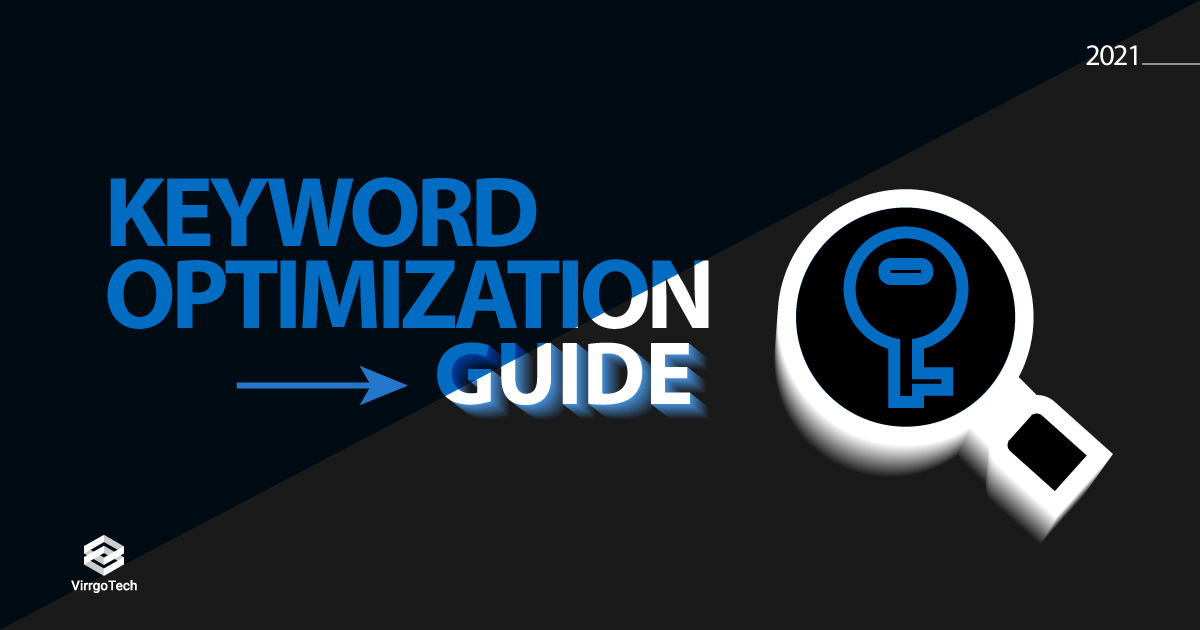SEO has advanced fundamentally in recent years — to such an extent that the basics of keyword optimization have transformed from a simple 3-step process to a more complicated and in-depth one. Though keyword search volume and competitor ranking data have always been a go-to approach for many, SEO metrics are becoming all the more complicated as the industry evolves (and so are the basics of keyword optimization)
What does that mean? If you are still depending only on the basic research tools, it’s very likely that your website performs poorly in the SERPs (search engine result pages) since you’re leaving a lot of valuable information unexplored.
How can you be sure if you are using all the information at your disposal? Where do the resources of unexplored information live? What if you’re doing your keyword optimization all wrong? To answer all that, you’ll have to start with the fundamentals of keyword optimization.
What is Keyword Optimization?
Keyword optimization is the technique of researching and choosing the most suited keywords to invite your target audience to your website. It is the process of recognizing keywords that most people use to seek out organizations, brands, products, or services like yours. Through keyword optimization, you can identify the most relevant keyword your business would love to rank for on Google and other search engines.
Create a List of Seed Keywords
Seed keywords are the keywords based on your understanding of what people may be searching to find services or businesses like yours. Even in this stage, you can use tools to simplify the process and to develop a quality list of seed keywords.
Keyword Optimization Tools
Keyword optimization tools define the key metrics to help in the creation of your seed keyword list. You can start off your research with a preliminary list and then turn it into the final list of keywords with the utmost potential for your business. Using keyword research tools also helps in building keyword strategies that are based on quantitative data and not just hunches. Some important aspects these tools unveil include average monthly search volume, related search terms, search volume by month, keyword competition, difficulty, and more.
A wide range of data evaluation is important for creating unique keyword lists. Although many optimization tools have the same capabilities, many have different features that are specific to their platforms and can only be utilized if you use their specific tools. If you learn how specific tools may help you in your optimization process, you can make an informed decision and choose the best tool based on your preference. The following are some of the keyword optimization tools with a brief description of how they may come in handy.
Keyword research shouldn’t be a big challenge when you have so many amazing tools out there that are easily accessible to everyone. Yes, some of the advanced features these tools provide may not be free, but there’s a lot you can work with even if you choose to remain within their free versions.
Free Keyword Tools
Google Keyword Planner
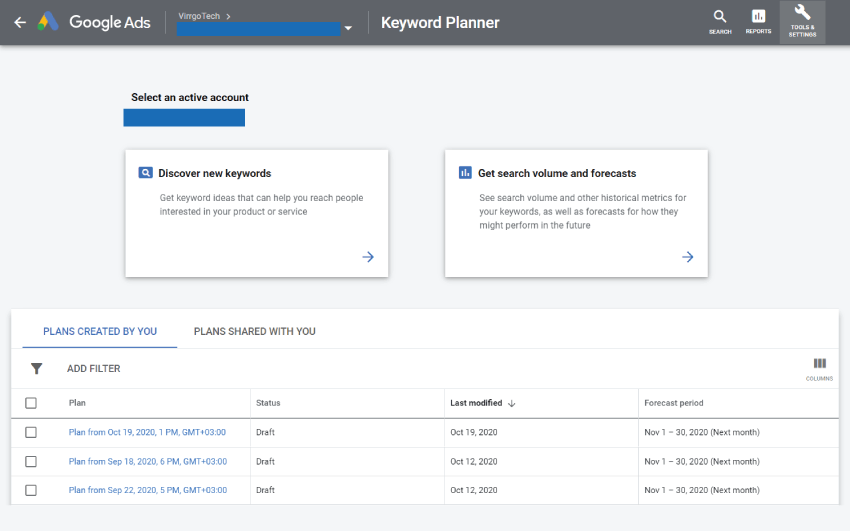
Keyword Planner is by far the most comprehensive and most-used tool. Google Ads’ Keyword Planner provides you with monthly average search volume, search metrics and relevant variations of the terms on your seed keyword list.
UberSuggest
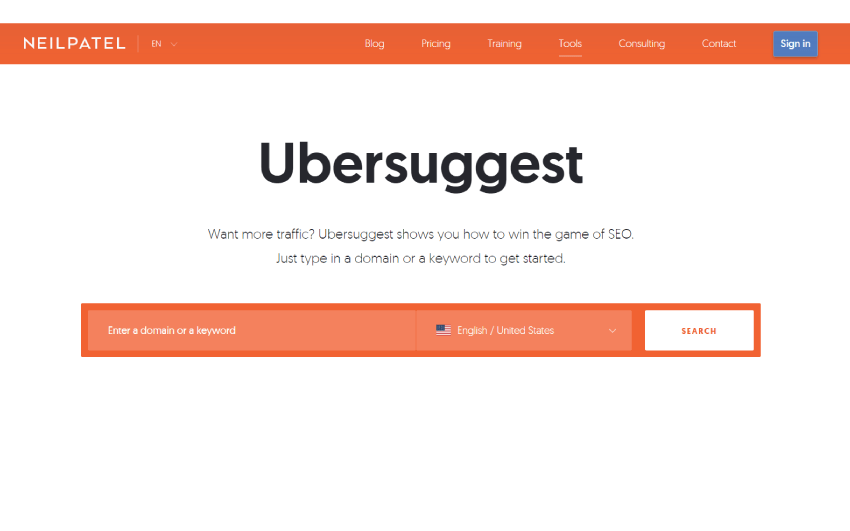
UberSuggest is a free tool developed by Neil Patel — co-founder of Hello Bar, Crazy Egg and KISSmetrics. This tool offers some very useful info around your seed keywords. It also gives you an opportunity to spy on your competitors, helping you to understand their strategies better and glean actionable insights from them.
SEMRush
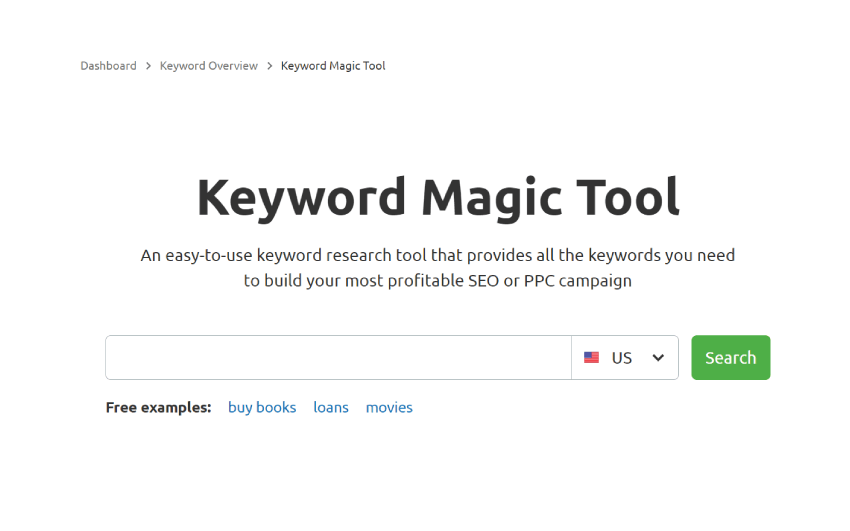
SEMRush also offers free trials and has a wide range of data for keyword optimization. You can further utilize the keyword gap analysis which lets you see the terms your competitors are ranking for. Among a host of nifty features, Keyword Difficulty Level and Keyword Rankings can also be explored within this tool.
Paid Keyword Tool
Ahrefs Keyword Explorer

Ahrefs is a well-known tool used for SEO analysis and backlinks. This tool provides a 7-day free trial as well. To use it, all you have to do is insert your seed keywords and it will generate thousands of suggestions relevant to your searches. The additional information you can utilize includes search volume, advanced metrics and keyword difficulty score.
BrightEdge
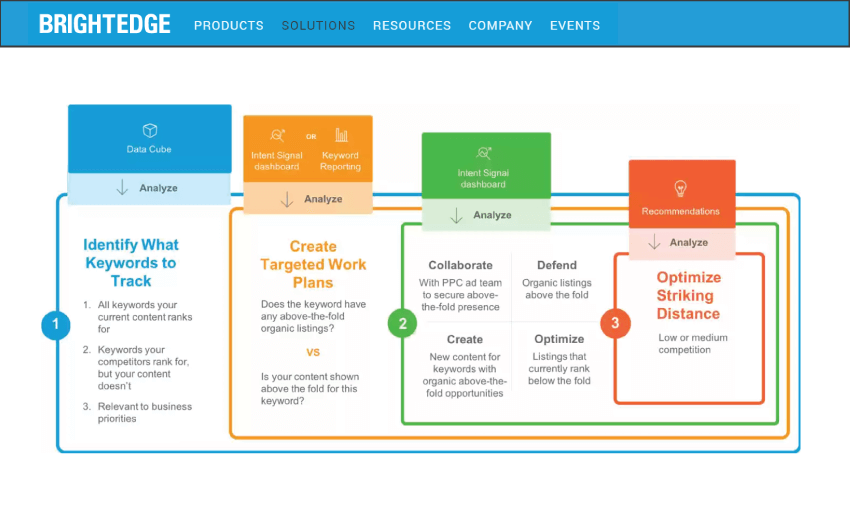
It is an enterprise SEO tool that provides great insights into competitors’ keyword ranking and your current rankings (if you have an existing website). It also includes search volumes and more.
Keywords Everywhere

Keywords Everywhere works as a browser extension. In order to use it, you must first purchase credits to receive data related to the keywords. Moreover, it lets you find search volume, competitor data and CPC.
Advanced Tools
If you have a live website, there may be further advanced tools that can help you with your keyword optimization. These tools can also help you analyze keywords that are already driving traffic to your website, resulting in high conversion rates, high impressions, and high click-through rates in the SERPs. Some of the advanced tools include:
- Google Analytics
- Term Frequency Inverse Document Frequency (TFIDF) Analysis Tool
- Google’s Search Console
- Keyword Planner with Google Ads
Recognizing Keyword Intent
After the optimization process is completed, you have your final and strong keyword list. Now, it is time to recognize the keyword intent.
When you’re done with your keyword optimization, you develop a fair understanding of how consumers can find your business or service. As you develop your keyword list from scratch, the goal is to comprehend the intent behind every keyword your users are searching on the web. There are a couple of assets that may help you better understand this data, without depending much on an educated guess.
Importance of Keyword Intent
Identifying the intent behind the consumer’s search should be at the heart of your keyword optimization. This method determines whether or not the keywords you’re targeting are relevant to your content. The first step to understand the intent is to learn whether the searcher’s intent is to “Know”, “Go”, or “Do”.
The following is a list of tools to determine the user’s intent in your optimization phase.
Ahrefs
This tool displays the pages that are ranking at the top of the search engine results page (SERP) for a given keyword and the different features of SERP. SERP features can include quick answers, site links, local listings and more. The intent related to quick answers would be much different than the intent related to local listings.
Search Engines (Google, Bing, Yahoo)
If you insert a query or a keyword into any search engine, it generates results that will give you a quick look at which websites are doing well for the given keyword and what strategy they are implementing. For example, if you want your site to rank for “shoes near me” but observe that all your competitors are ranking for product listings, you may want to reconsider the keyword you’re targeting.
Concluding Your Keyword Optimization
Keyword optimization runs much deeper than just considering competitor rankings and keyword search volume. There are numerous information points that can help you evaluate the best keywords to target. Whenever you’ve completed your research and made your list of target keywords, review the list for intent and ensure you include keywords linked to each phase of the user’s buying journey. Use the tools available to you and leave nothing on the table. If done right, the keyword optimization process can ensure your business’ success on search engines and give you an edge over your competition.
 +1-713-701-5823
+1-713-701-5823 +92-518-441-742
+92-518-441-742